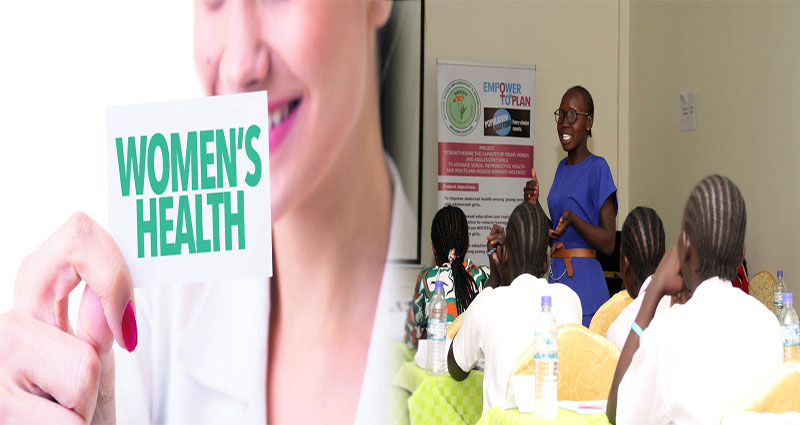Reproductive health is a critical aspect of overall well-being for women, encompassing a range of topics including fertility, contraception, menstrual health, pregnancy, childbirth, and menopause. Access to reliable information and resources plays a key role in empowering women to make informed decisions about their reproductive health. By increasing awareness and knowledge in this area, women can take control of their reproductive choices and prioritize their physical and emotional well-being.
Planned Parenthood:
Planned Parenthood is a well-known organization that provides a wide range of reproductive health services, including education, counseling, screenings, contraception, and STI testing. Their website offers comprehensive information on various reproductive health topics, empowering women with knowledge about their options and rights. Additionally, local Planned Parenthood clinics often offer in-person consultations and services tailored to individual needs.
The American College of Obstetricians and Gynecologists (ACOG):
ACOG is a professional organization dedicated to promoting excellence in women’s health care. Their website features valuable resources on reproductive health, covering topics such as contraception, pregnancy, fertility, menopause, and gynecological conditions. ACOG’s patient education materials provide evidence-based information to help women understand their reproductive health needs and make informed decisions.
Centers for Disease Control and Prevention (CDC):
The CDC offers a wealth of information on reproductive health, including guidelines for preventing and managing reproductive health issues such as STIs, infertility, and pregnancy complications. Their website presents data-driven resources and educational materials that can help women protect their reproductive health and take proactive measures to maintain well-being.
Women’s Health.gov:
Women’s Health.gov, a website managed by the U.S. Department of Health and Human Services, serves as a comprehensive source of information on a wide range of women’s health topics, including reproductive health. The website offers resources on family planning, pregnancy, contraception, and menopause, along with tools for evaluating and managing reproductive health concerns. Women can access reliable information to guide their reproductive health decisions and advocate for their care.
Local Health Departments and Community Clinics:
Local health departments and community clinics often provide reproductive health services and educational programs for women. These resources offer a personalized approach to reproductive health, including screenings, counseling, and access to contraception. By engaging with community-based health services, women can receive tailored support and information that addresses their individual needs and concerns.
Online Communities and Forums:
Online platforms and social media communities dedicated to women’s health serve as valuable resources for sharing experiences, gaining insights, and accessing peer support. Websites such as “The Period,” “Hello Clue,” and health-related subreddits provide spaces for women to discuss reproductive health topics, ask questions, and connect with others navigating similar experiences. These virtual communities offer a sense of solidarity and empowerment in promoting open dialogue about reproductive health.
By tapping into top resources for increasing awareness about reproductive health, women can equip themselves with the knowledge and support needed to make informed decisions and advocate for their well-being. Through organizations like Planned Parenthood and ACOG, government resources like the CDC and Women’s Health.gov, local health departments, and online communities, women have access to a diverse array of tools and information to navigate their reproductive health journey with confidence and empowerment.










